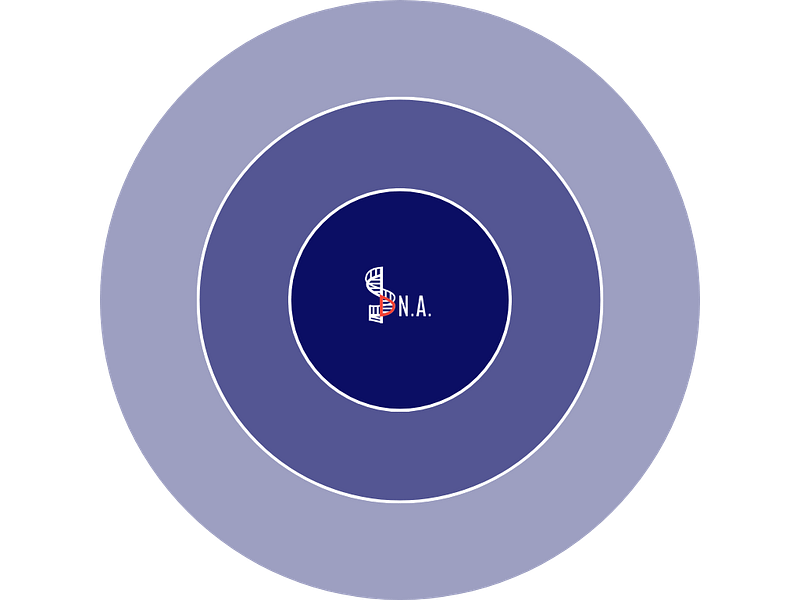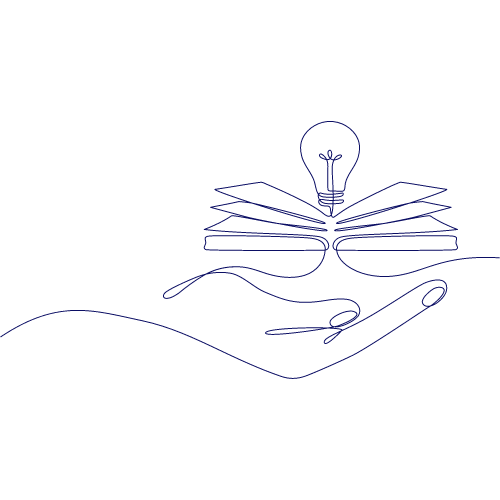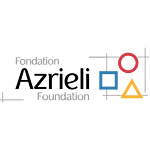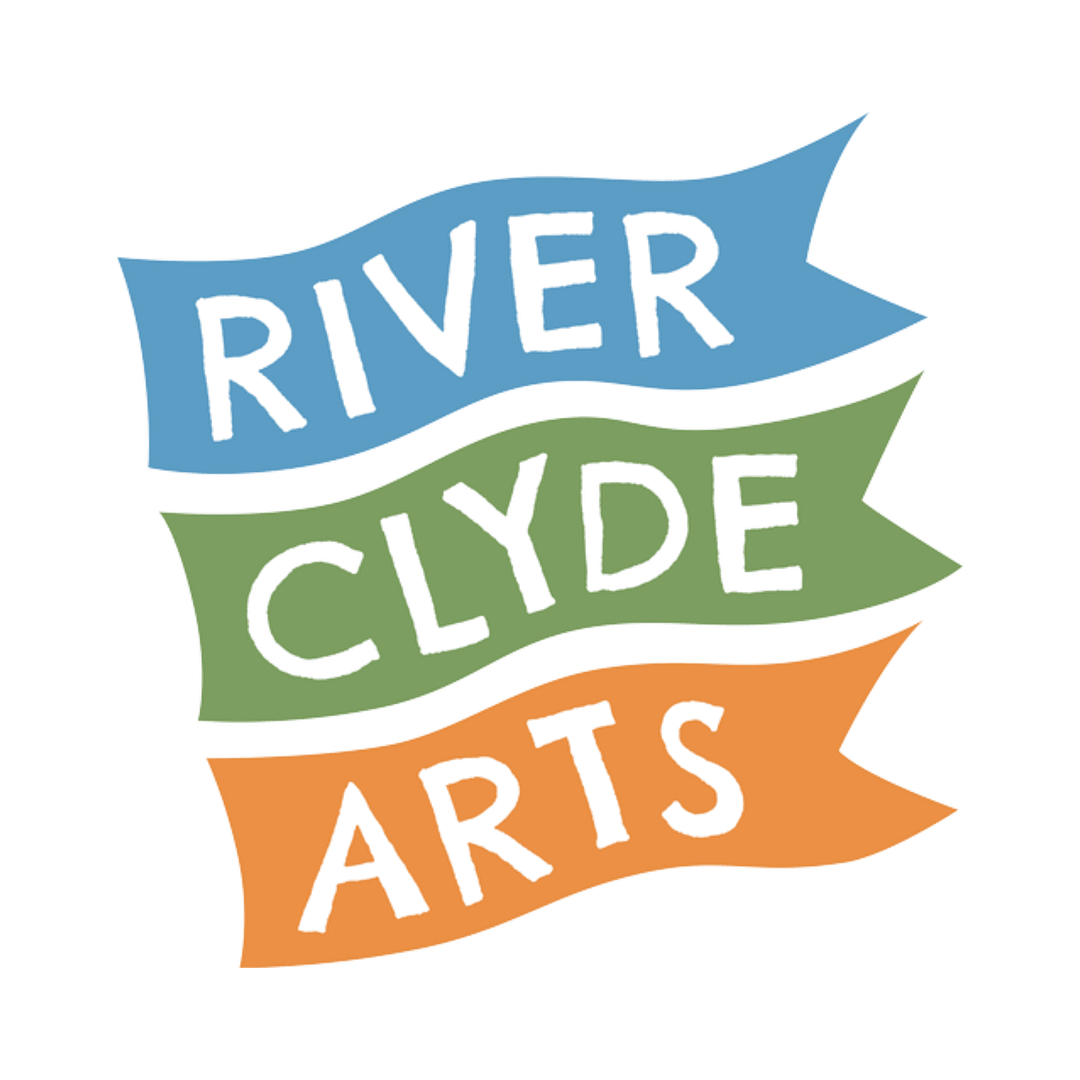
Original Experience
Reflections captured in Spring 2024. This stage reveals organizations' initial takeaways from the program, their challenges, and the plans for implementing or altering existing data practices.
Transitional Experience
Reflections to be captured in Winter 2024. Organizations will share updates on their journey of implementing the plans shared in Spring 2024, including any surprise outcomes or challenges they have experienced.
Evaluating Change
Reflections to be captured in Spring 2025. Organizations will share a final update, allowing themselves and Mass Culture to assess to what extent change has occurred as a result, direct or indirect, of the Designing Your Data Narrative Learning Series.
Ripple Effect Map
Dive into this Ripple Effect Map, which allows you to travel outward from Spring 2024 (when the Designing Your Data Narrative Learning Series ended), through Winter 2024, to Spring 2025 (1 year out from the conclusion of the Learning Series). By capturing these stages, Mass Culture is able to evaluate to what extent change has occurred at each participating organization. This will help inform future iterations of the Designing Your Data Narrative Learning Series.
Hear from the organizations!
Lessons from Delivering the DNA Project in Year One
by Robin Sokoloski
Phase One: Mass Culture’s Evaluation Approach & Building a Creative Space for Experiential Learning
Bringing together a group of funders for an honest discussion to reflect on the first year of a project is both a privilege and a daunting experience. Not long ago, I was fervently convincing them of its brilliance and worthiness as an investment. Don’t get me wrong—I stand firmly by the purpose and goals of Mass Culture’s Data Narratives for the Arts (DNA) initiative. I knew from the start that this would be as much a learning experience for myself and the organization as it would be for those we engaged. What I didn’t anticipate was just how profound the learning would be, or the many intentional steps of observing, documenting, learning, and adapting we would need to take to embrace it fully.

Through the DNA Learning Series, DNA Platform and accompanying learning tools, DNA will empower the arts sector with a data-driven mindset, showcasing the genuine value and immense impact this sector brings to society. Thank you to our partners and funders for supporting this vital initiative.
If you believe in the power of data- and research-driven work, donate to Mass Culture today!
This initiative is made possible through the support of the following












